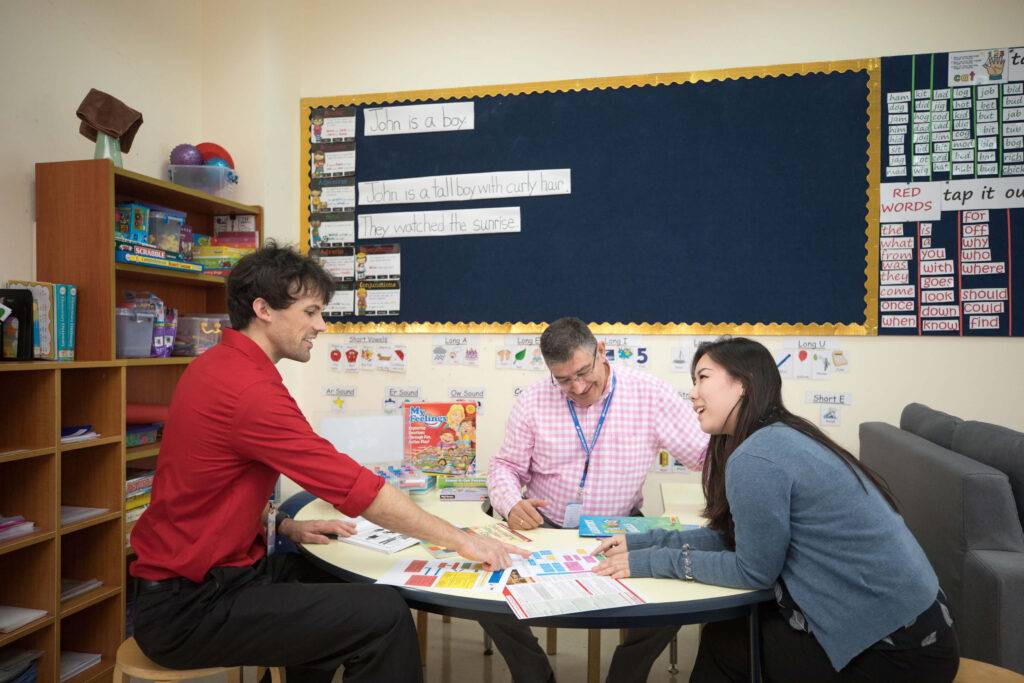Any BIG move abroad is an extraordinarily complex affair. You no-doubt have a gazillion things to do and think about, aside from dealing with anxieties and fears. Yet for children, that anxiety and fear can be truly immense and hard to manage. Usually, they also arise at a time when parents are at their most distracted.
We’re happy you’ve landed on this page – it obviously means you are concerned about preparing your child, or children, for a move abroad.
How can you help lessen the stress on those little, angst-ridden souls?
Try this!
Before the BIG Move
Involve your children – it makes them feel part of the team
More often than not, children are by-standers to a move abroad. They feel like it’s something that’s being thrust upon them, rather than something they actively contribute to. If the child is enough, why not entrust them with minor tasks? Especially if they have to do with online research, something a tween or teenager could (let’s be honest) probably do better. Ask them to find the best bakery near your new home, or the best way to pack the crockery. Then let them lead you!

Keep simple routines going at home – it helps them feel you have everything in control
Do you normally chill out in the evening watching a sitcom on Netflix as a family? Keep doing that! Yes, it would be a lot easier to utilize the evening hours to continue packing, doing paperwork or researching, but this maddening ‘mayhem’ (which may be adrenalin-injecting for adults) can actually cause children a lot of stress. Keep calm and try to carry on ‘as usual’, at least while they’re around and/or awake. Your cool demeanor will help your child fell less overwhelmed.
Answer their questions honestly – kids can take it and NEED it
You don’t need to go into nitty-gritty details when children ask questions, but never make up fables because you think it’ll be easier on them. When reality hits, it’ll hurt twice as much. Be clear on what can come along and what might need to stay behind (like your 15yo cat, perhaps?) Adults can reason abandonment better than children, so speak to them about pros and cons, and why you made certain decisions.

Help them make plans to stay in touch with friends – it tells them you are interested in their friendships
Studies show that kids under the age of 12 rarely maintain friendships after a move abroad. Even if you know this, it doesn’t mean you needn’t go to a lot of efforts to encourage your children to keep up with their mates back home. The frequency of contact may naturally wane, but it needs to be an organic evolution of their own doing.
After the BIG Move
Establish your routine from day 1 – a mix of old and new
Moves abroad are wonderfully exciting, although routine helps everyone stay grounded – adults and children alike. Perhaps that hour or two of morning cartoons or evening film can stay whilst you work out your new normal. Bedtimes should be kept as they were (jetlag notwithstanding at first) and mealtimes should be taken together, at your usual times. This will also work in a hotel or serviced apartment, if you don’t have a house waiting for you to arrive.

Take some time off, initially – it’s important you’re around for the initial settling-in period
School and work can wait. Actually, they must wait. Settling in together and exploring your neighborhood is something you need to do together. Don’t make the mistake of planning for ‘life’ to carry on the day after you arrive! Make sure your employer knows this (if you’re moving for work) and that school enrolment gives you at least a month of ‘free time’ immediately after you arrive.

Choose the right school – for expats, multi-cultural schools are ideal
Nothing makes you feel scared and alone, like being in a room full of people with whom you have nothing in common. Hard enough for adults to cope with, but children?! Enough said. It’s crucial to choose a school that will welcome your expat child with open arms. This is especially true when moving to a drastically different country, on the other side of the planet. Moving to China from the US or Europe? Look into international schools in China with high numbers of expat kids from foreign countries. This is just the environment that’ll make it easier to find new friends quickly as they’re likely to meet other children who’ve been through the same experiences.

Build your new community – and do it together
Preparing children for a move abroad can take a lot of focus off your own needs, so it’s important to acknowledge that everyone in the family needs support. A workplace and school community can make all the difference, connecting to other families who’ve been where you are now.
So, connect, share and be open to your new connections and experiences, and you may just find the whole ‘moving abroad affair’ will be a lot easier on your child.
Also read about: 7 Major Benefits Of Choosing Online Learning




